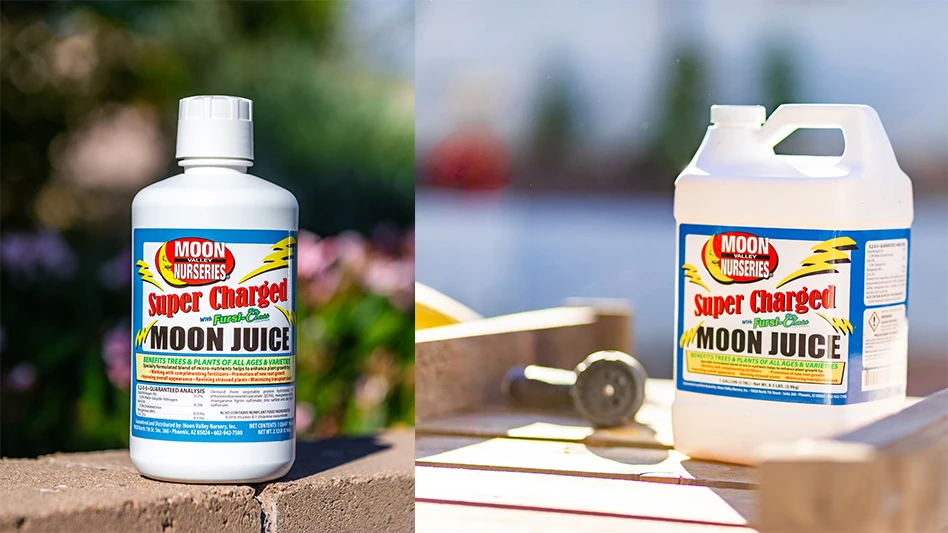In today’s tight market, negotiation strategy plays an important role in the sale of any gardening business. Even if you execute every other aspect of your business sale perfectly, the lack of a good negotiation strategy can derail the deal.
Fortunately, you don’t need to be an expert to successfully execute a negotiation for the sale of your garden center. Instead, you just need to put these 10 simple strategies in place before you initiate in-depth negotiations on the sale.
Establish common ground
For most sales, common ground is defined as a signed Letter of Intent that describes the proposed price, structure, terms and conditions of the sale. The Letter of Intent is the buyer’s responsibility, and it will serve as the starting point for the negotiation process.
Be prepared to listen
It’s more than coincidental that good dealmakers are also good listeners. In a negotiation, you need to learn as much as possible about the buyer. With just a little listening, you can glean important information about their motives, issues and agendas.
Define your objectives
Generally, your goal for the negotiation process should be the timely completion of a mutually acceptable purchase and sale agreement that is advantageous for both parties. In reality, the process often culminates in a lopsided arrangement. The party who gets more of what they want is usually the one that goes into the negotiation with a clearer understanding of their objectives.
Consider your concessions
Unless you are an experienced seller, you will probably need help from a broker or other professional to determine what kinds of concessions are standard and which are not. For example, in most sales it is not uncommon for the seller to finance part of the purchase of the price, or to stay on with the company for some period of time to help ensure the transition to the new owner goes smoothly.
Consult the experts
As you enter negotiations, you should be prepared to consult brokers, attorneys, accountants, appraisers – there is a range of experts who have the skills and experience to help facilitate a mutually-acceptable deal. At a minimum, get advice from a tax planner so that you can structure the deal in a way that avoids serious tax consequences.
Get realistic
Negotiation is based on the principle of give and take. When one party gives something up, the other party usually receives something in return. Be prepared to accept some of the buyer’s conditions – and to demand some of your own in return.
Successful deals are built on a series of small “yes” events – all of which serve to prepare the buyer for the one big “yes” at the end of the process. Set a series of small goals that will elicit positive responses from the buyer and walk him toward the close.
Pay attention to timing
The ability to discern where you are in the negotiation process and when it’s the right time to bring up key issues like price will play a central role in your negotiation strategy. Watch for signs that your buyer is ready to take negotiations to the next level. Eagerness, frequent contact and language that assumes the sale will happen (i.e., “Will you still be available for questions after we sign the papers?”) are all excellent indications that the negotiation is proceeding smoothly.
Be positive
Exiting your gardening business can be a highly emotional experience. Sellers sometimes struggle to not only contain their emotions, but also maintain an upbeat attitude about the sale. Even if you are a little sad about selling your business, the buyer is expecting a positive experience. Take an assessment of your attitude before you enter negotiations. If you question your ability to stay positive, turn the negotiation process over to a broker or someone else capable of representing your best interests.
Remember: When everything is said and done, the sale of your garden center is business – not personal. Although it may be difficult, try to infuse your negotiation strategy with a sense of objectivity to significantly increase your chances of reaching a successful and profitable agreement.
Mike Handelsman is group general manager for BizBuySell.com and BizQuest.com.
Get curated news on YOUR industry.
Enter your email to receive our newsletters.
Explore the March 2011 Issue
Check out more from this issue and find your next story to read.
Latest from Garden Center
- Society of American Florists accepting entries for 2025 Marketer of the Year Contest
- Sustainabloom launches Wholesale Nickel Program to support floriculture sustainability
- American Horticultural Society welcomes five new board members
- Color Orchids acquires Floricultura Pacific, becoming largest orchid supplier in U.S.
- American Floral Endowment establishes Demaree Family Floriculture Advancement Fund
- University of Florida researchers are securing the future of floral fragrance using caladium
- The Growth Industry Episode 3: Across the Pond with Neville Stein
- Proven Winners offers Certified Garden Center Training for staff education






